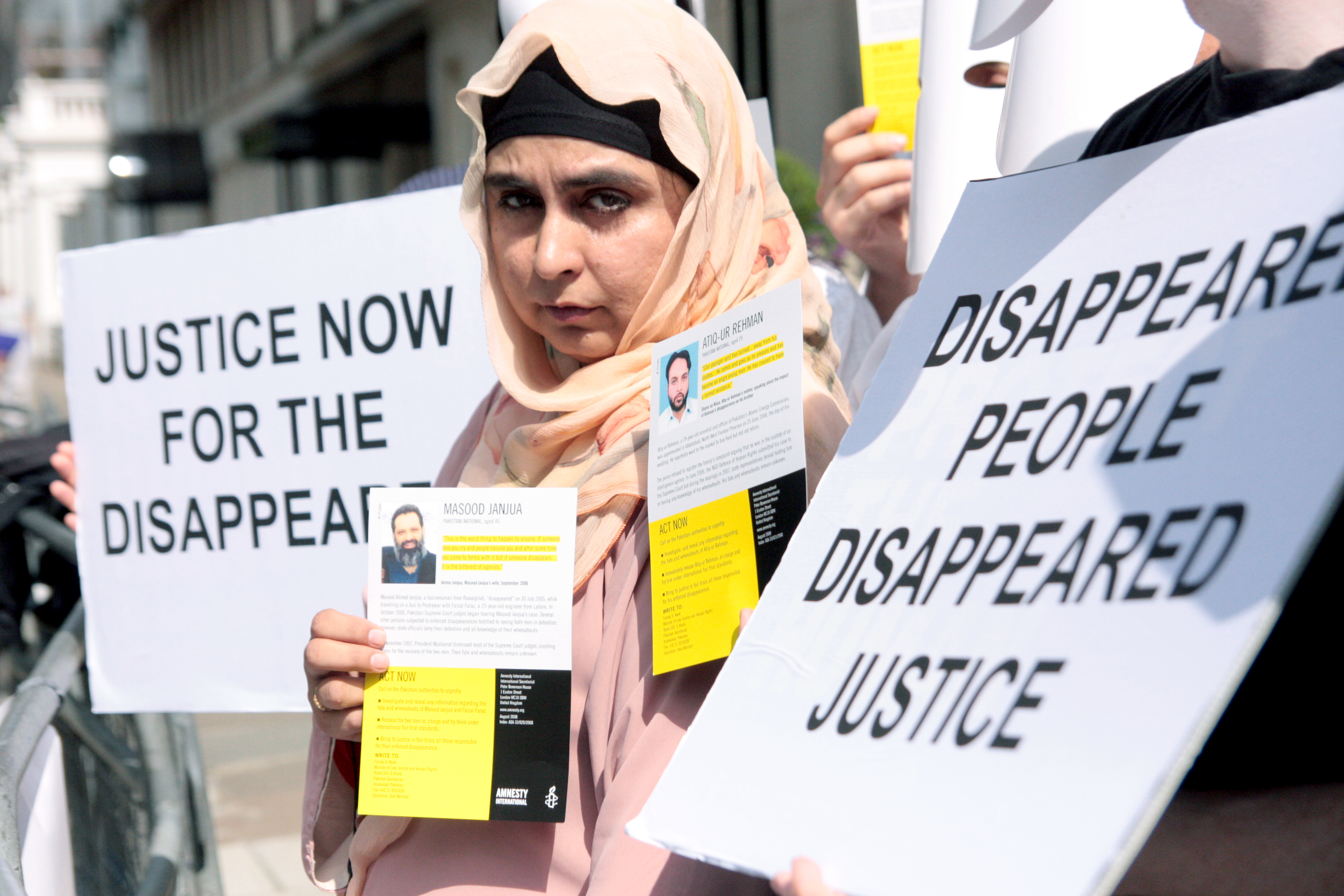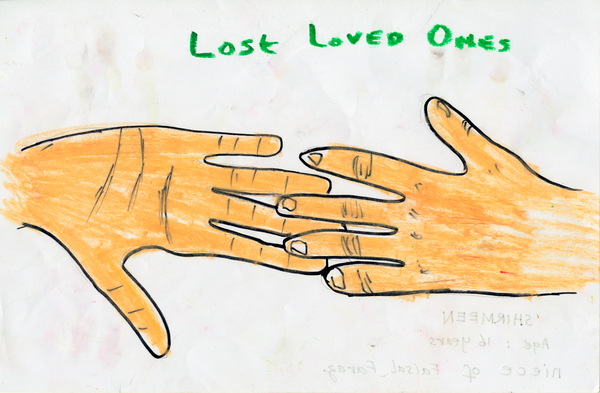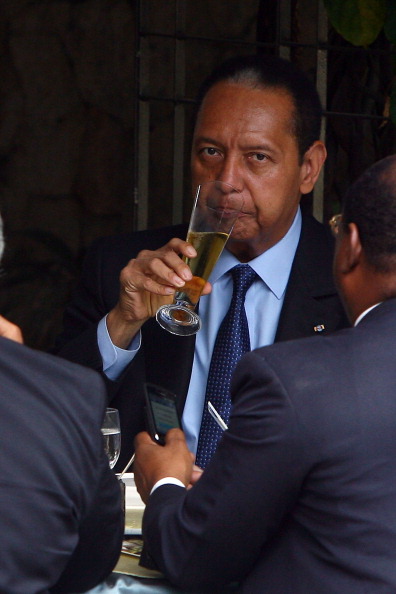
Marshall Meyer
When the world you live is filled with the constant threat of disappearances, torture and murder, how do friendships happen?
On Monday, in a small lecture hall at Duke University, Argentine Ambassador Hector Timerman, son of famed journalist Jacobo Timerman, told about one unexpected friendship that developed during that country’s infamous Dirty War and how it helped to save his father’s life.
The Duke event was a celebration of the life of Rabbi Marshall Meyer, the American who lived in Argentina in the 1970s risked his life to help the Timerman family and many others. Hector Timerman couldn’t attend the event, but he sent a letter that moved everyone who heard it.
Timerman wrote of how Meyer refused to let both the violent threats and the petty bureaucratic obstacles of the Argentina military junta stop him from action. But 30 years later, the thing that puzzled Timerman was why? Why did this man who didn’t know the family, who wasn’t even Argentinean, come to their help?
Even now, I sometimes have difficulty understanding the decision Marshall made to risk his life, as well as that of his wife and children, for a few victims whom he hardly knew, for a country that was not his own and against some murderers who had not included him among their enemies.
Marshall could have been one more of the thousands of liars that are still saying that they did not know what was happening while their neighbors were kidnapped and murdered.
To read the full text of the letter, click here.

Photos courtesy Duke Archive for Human Rights
Rabbi Meyer, who died in 1993 (his letters detailing his amazing life promoting human rights both in South America and in the United States are held in the Duke Archives for Human Rights), believed human rights activists had a particular imperative to tell true stories. Debora Benchoam, the second-youngest person to be arrested by security forces during the Dirty War, was at the Duke event. She said that after Meyer helped gain her freedom and leave the country, he gave her a mission.
“As we waited to board the airplane, he told me to tell my story, as a way of making sure that people knew what had happened in Argentina and who was responsible,” she said.
Now story telling is not sufficient in itself, but Meyer’s belief is a nice reminder of the importance of story telling to human rights work and how essential it is to taking action.










